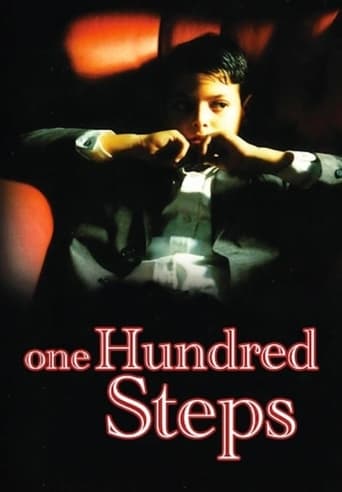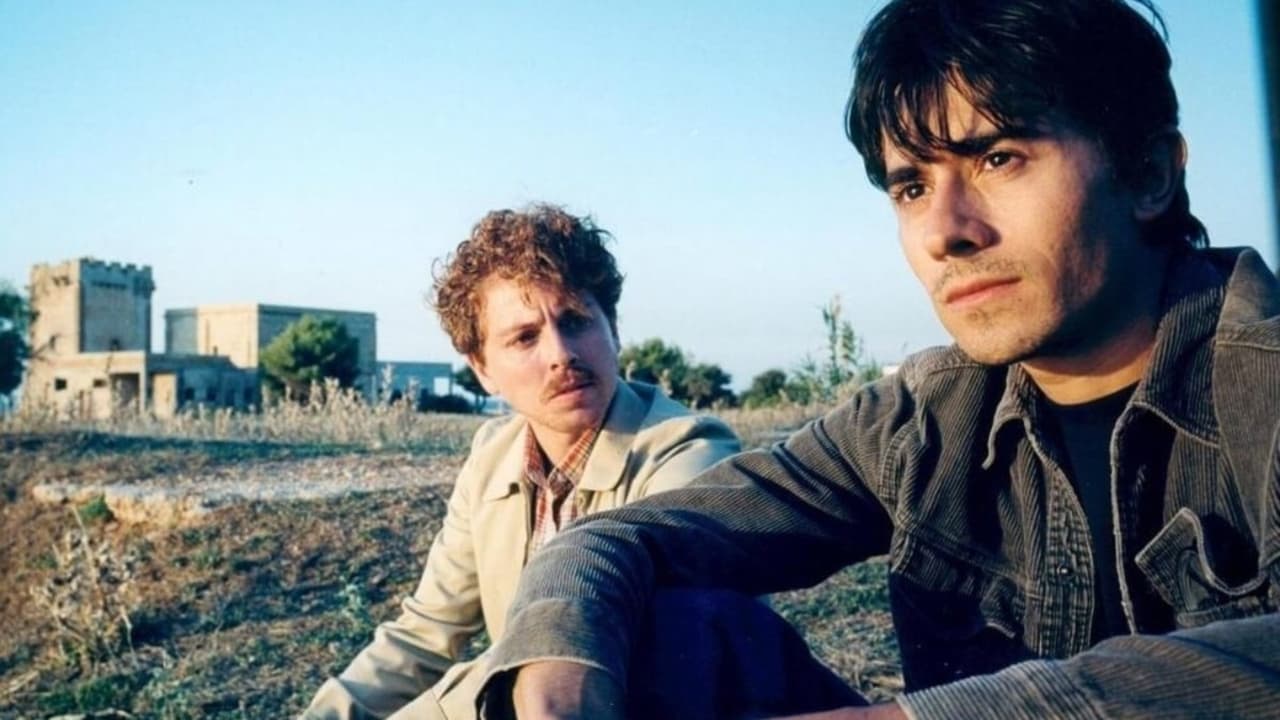Robertodelagriva
This film deserves many reflections (not all of them positive) about both its formal features and content. On the first category I can say, that this is a good film. On the second one I'll have to make a selection and invite you to watch the film and think about it. This film doesn't tell the true story of the facts which involved the true person Peppino Impastato. It isn't his biography. It's just the narration of his life, life understood as the net of relationships of a single person with his environment (territory, family, friends, politics, current contemporary ideas). So we don't watch a documentary film but a tale whose main character is Peppino Impastato, actually we see photos of the real Peppino only at the end oft the film. Nevertheless what Peppino makes through in the film is the representation of true facts. It's very difficult to tell a tale which bases on historical facts. Giordana has already attempted that in La meglio gioventù when he tried to show that history concerns the life of everybody creating an imaginary family, whose life builds the plot of the film, portrayed against the real background of Italian history. In I cento passi the task was more difficult because the narrated historical facts concerned the life of a real single person which were actually the plot of the film: obviously the director could not take many narrative liberties such as the romantic family saga plots in La meglio gioventù. So Giordana takes his liberties in trying to show the interior life of Peppino Impastato and his family. We receive a very impressive account of the possible thoughts and emotions of Peppino's father (sometimes a violent monster, sometimes a sad and lonely looser, conscious that the life of Peppino depends entirely on his own capacity to observe the mafia code, and, at least in this way, caring father) and a more sober representation of his mother and his brother (who are still alive). This tale of the relationships between the people who lived these true facts 30-40 years ago is in the end a reflection about the cruelty of the inhumane situation which everybody had to pull through when living in a mafia world: for example Peppino has to make radical and sad decisions and his father has to humiliate himself all his life long. That's why I say, that this is not a mafia film but a film about mafia or an anti-mafia film. Mafia doesn't mean the "Godfathers universe" (the mafia organization itself) but the systematical repression of liberty, which involves the progressive destruction of beauty (as Peppino says, sure not literally, in a very touching and peaceful scene of the film) and the following disorientation (not to say impossibility) of the self evolution. One of the first consequences of the contact with the mafia for the life of someone, in whatever form this may take place, is a lack of communication. So tries Peppino (who cannot speak with his father, as we see in their last very poor conversation) to reach so many people as possible with a broadcasting (Radio Aut), the cinema club or the itinerant theater. At a certain point in his fight he has to break with with Stefano Venuti, whose politics were too far from the people and with the superficial hippies, whose ideas were irrelevant for the territory. His efforts to liberate himself show the awareness of the impossibility of doing it in a merely private sphere which is separated from a meaning-full, beauty-full, humane environment. This, at least, makes his life (and we must thank Giordana for making a film about it) universally relevant.
silviopellerani
I was well surprised to see how with intelligence a film with a plot which could be easily mixed up to the typical "mafia's films serie" has been excellently directed and extremely well acted.Normally I do not make any type of comparison to the "golden years" (sixties-seventies) of the Italian cinema but for me is a must today to say that this film and the director: Giordana does not have anything to envy to Francesco Rosi and his films. The actor Luigi Lo Cascio is just excellent well deep involved in his character.Do not miss the film it worths even in DVD or VHS.Rating: 7/10
principato
"I cento passi" is a great novel (based on the real life of Giuseppe "Peppino" Impastato), it tells the story of a brave man who believed in honesty and was killed by mafia. What about today? Something has changed, something remains the same. With movie like "I cento passi" everyone now can think and understand more about those days.
dadie
Somebody say that it is a classical italian movie about Mafia, but I'm sure that `I cento passi'is something more. It talks about the real story of Peppino Impastato. Peppinpo was a boy who lived in a small village in Sicily in the 70's. After his grandfather's murder he knew a printer who was communist and becoming communist and through he tried to fight the Mafia and the boss in particular, because he was the mandant of grandfather's murder. `I cento passi' means ` 100 steps' which was the distance between his home and the boss' house. He was killed by dynamite the same day of Moro's murder (a famous italian politician) but the police said that it was an accident. It is a real story and it make you thing how the pawer is dangerous but also how is important the bravery.



 AD
AD



